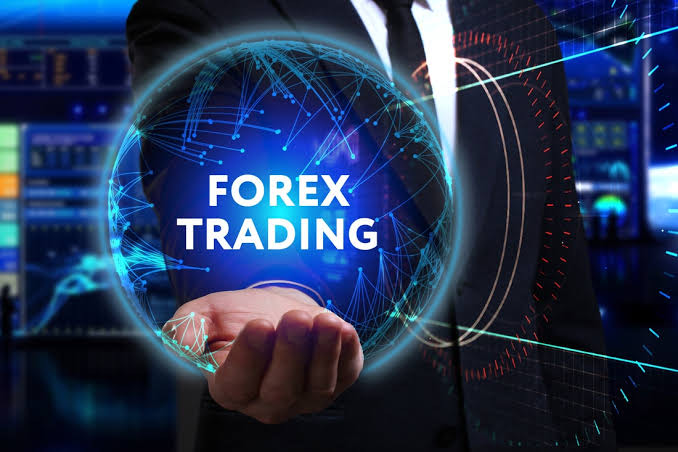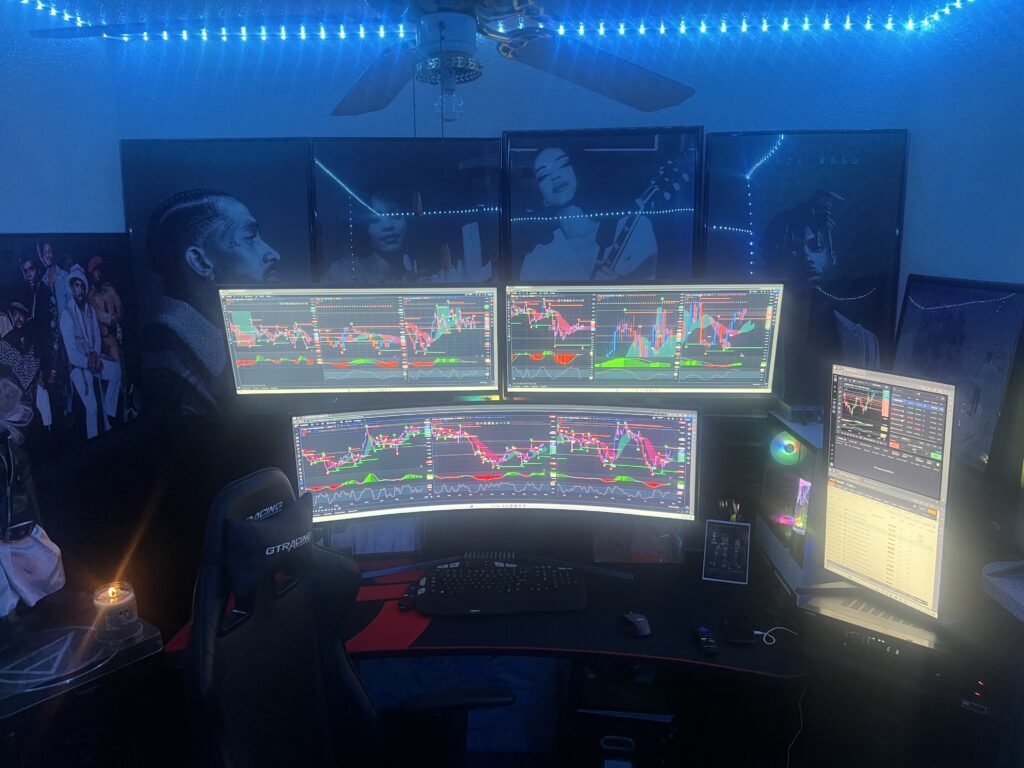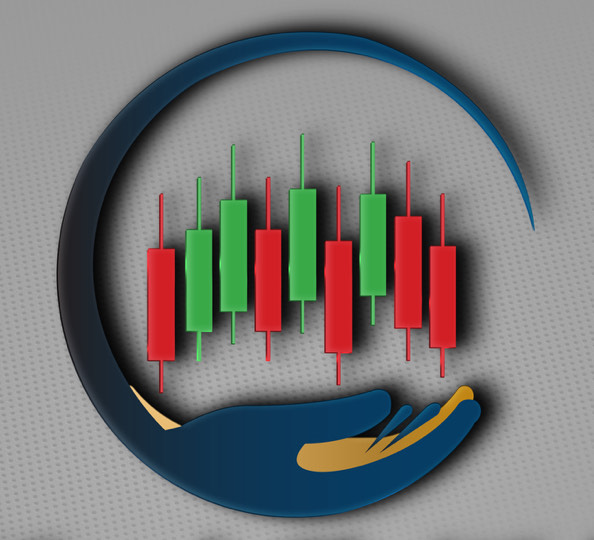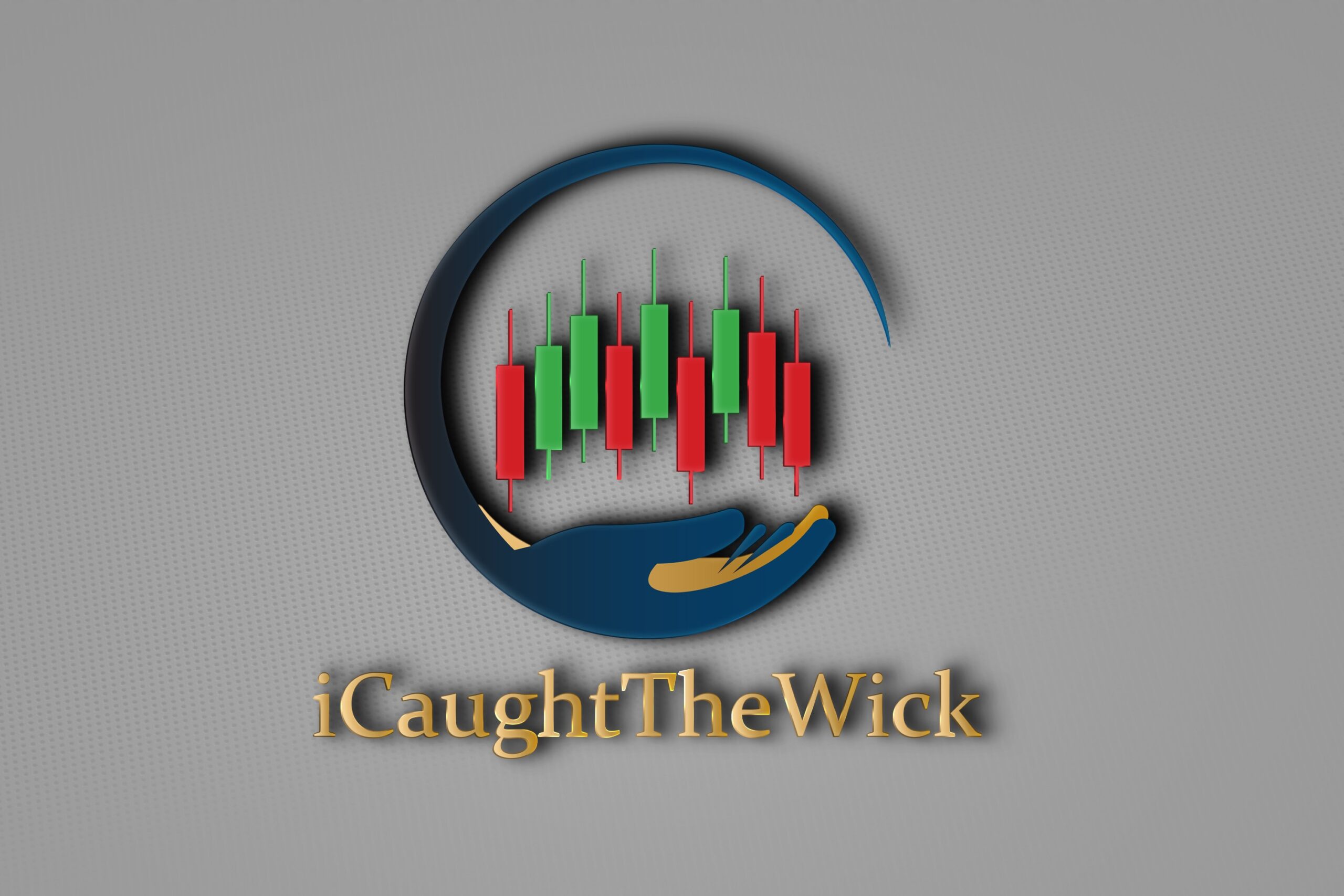Are you ready to embark on a journey that will teach you a skill that leaves a legacy for you and your loved ones?

What Is Forex 101 The Stress Out
Forex (FX) refers to the global electronic marketplace for trading international currencies and currency derivatives. It has no central physical location, yet the forex market is the largest, most liquid market in the world by trading volume, with trillions of dollars changing hands every day. Most of the trading is done through banks, brokers, and financial institutions.

I fully understand this is lot to read but it is all worth it!!!
The forex market is open 24 hours a day, five days a week, except for holidays. The forex market is open on many holidays on which stock markets are closed, though the trading volume may be lower.
Its name, forex, is a portmanteau of foreign and exchange. It’s often abbreviated as fx.
Key Takeaways
- Forex (FX) market is a global electronic network for currency trading.
- Formerly limited to governments and financial institutions, individuals can now directly buy and sell currencies on forex.
- In the forex market, a profit or loss results from the difference in the price at which the trader bought and sold a currency pair.
- Currency traders do not deal in cash. Brokers generally roll over their positions at the end of each day.
:max_bytes(150000):strip_icc():format(webp)/forex.asp-final-a13505a0ad5a4f519c7677aa151c7113.png)
Understanding Forex (FX)
Forex traders use various analysis techniques to find the best entry and exit points for their trades. Forex exists so that large amounts of one currency can be exchanged for the equivalent value in another currency at the current market rate.
Some of these trades occur because financial institutions, companies, or individuals have a business need to exchange one currency for another. For example, an American company may trade U.S. dollars for Japanese yen in order to pay for merchandise that has been ordered from Japan and is payable in yen.
A great deal of forex trade exists to accommodate speculation on the direction of currency values. Traders profit from the price movement of a particular pair of currencies.
Forex Pairs and Quotes
Currencies being traded are listed in pairs, such as USD/CAD, EUR/USD, or USD/JPY. These represent the U.S. dollar (USD) versus the Canadian dollar (CAD), the Euro (EUR) versus the USD, and the USD versus the Japanese Yen (JPY), respectively.1
There will also be a price associated with each pair, such as 1.2569. If this price was associated with the USD/CAD pair it means that it costs 1.2569 CAD to buy one USD. If the price increases to 1.3336, it now costs 1.3336 CAD to buy one USD. The USD has increased in value (the CAD has decreased) as it now costs more CAD to buy one USD.
Forex Lots
In the forex market, currencies trade in lots called micro, mini, and standard lots. A micro lot is 1,000 units of a given currency, a mini lot is 10,000, and a standard lot is 100,000.
This is obviously exchanging money on a larger scale than going to a bank to exchange $500 to take on a trip. When trading in the electronic forex market, trades take place in blocks of currency, and they can be traded in any volume desired, within the limits allowed by the individual trading account balance. For example, you can trade seven micro lots (7,000) or three mini lots (30,000), or 75 standard lots (7,500,000)

NO PYRAMID SCHEME THERE IS ENOUGH MONEY TO GO AROUND
The forex market is unique for several reasons, the main one being its size. Trading volume is generally very large. The Forex market trades over $5 trillion per day compared to $200 billion for the equities market.
The largest foreign exchange markets are located in major global financial centers including London, New York, Singapore, Tokyo, Frankfurt, Hong Kong, and Sydney.
MY STORY
I started my journey to financial freedom October of 2020 when a old co-worker called and told me about trading in the foreign exchange market and how he accumulated over $10,000.00 in a week and it just hit me that this was it and there was nothing that could ever compare. Shortly after we talked Covid came and it was a horrible time to not have any kinds of savings or investments due to jobs shutting down but also turned out to be a blessing in disguise. My job laid me off but I survived due to rent relief programs and unemployment benefits this gave me time to research and study 24/7 at home. I was beyond motivated I ate, slept and breathed trading until I got it down. 3 years of wins and losses was not a easy journey and there were many times I had to dig deep within and constantly remind myself that this was bigger than me and quitting was not an option. Learning this skill was the beginning of a Legacy for my family and children to be financially free.

What is Forex
Forex (FX) refers to the global electronic marketplace for trading international currencies and currency derivatives. It has no central physical location, yet the forex market is the largest, most liquid market in the world by trading volume, with trillions of dollars changing hands every day. Most of the trading is done through banks, brokers, and financial institutions.
The forex market is open 24 hours a day, five days a week, except for holidays. The forex market is open on many holidays on which stock markets are closed, though the trading volume may be lower.
Its name, forex, is a portmanteau of foreign and exchange. It’s often abbreviated as fx.
Understanding Forex
Forex traders use various analysis techniques to find the best entry and exit points for their trades. Forex exists so that large amounts of one currency can be exchanged for the equivalent value in another currency at the current market rate.
Some of these trades occur because financial institutions, companies, or individuals have a business need to exchange one currency for another. For example, an American company may trade U.S. dollars for Japanese yen in order to pay for merchandise that has been ordered from Japan and is payable in yen.
A great deal of forex trade exists to accommodate speculation on the direction of currency values. Traders profit from the price movement of a particular pair of currencies.
What Makes Forex Better Than Any Other Market
There are some major differences between the way the forex operates and other markets such as the U.S. stock market.
Fewer Rules
This means investors aren’t held to as strict standards or regulations as those in the stock, futures, or options markets. There are no clearinghouses and no central bodies that oversee the entire forex market. You can short-sell at any time because in forex you aren’t ever actually shorting; if you sell one currency you are buying another.
Fees and Commissions
Since the market is unregulated, fees and commissions vary widely among brokers. Most forex brokers make money by marking up the spread on currency pairs. Others make money by charging a commission, which fluctuates based on the amount of currency traded. Some brokers use both.
Full Access
There’s no cut-off as to when you can and cannot trade. Because the market is open 24 hours a day, you can trade at any time of day. The exception is weekends, or when no global financial center is open due to a holiday.
Leverage
The forex market allows for leverage up to 1:50 in the U.S. and even higher in some parts of the world. That means a trader can open an account for $1,000 and buy or sell as much as $50,000 in currency. Leverage is a double-edged sword; it magnifies both profits and losses.5
Example of Forex Transactions
Assume a trader believes that the EUR will appreciate against the USD. Another way of thinking of it is that the USD will fall relative to the EUR.
The trader buys the EUR/USD at 1.2500 and purchases $5,000 worth of currency. Later that day the price has increased to 1.2550. The trader is up $25 (5000 * 0.0050). If the price dropped to 1.2430, the trader would be losing $35 (5000 * 0.0070).
About the Rollover
Currency prices move constantly, so the trader may decide to hold the position overnight. The broker will roll over the position, resulting in a credit or debit based on the interest rate differential between the Eurozone and the U.S.
If the Eurozone has an interest rate of 4% and the U.S. has an interest rate of 3%, the trader owns the higher interest rate currency in this example. Therefore, at rollover, the trader should receive a small credit. If the EUR interest rate was lower than the USD rate, the trader would be debited at rollover.
Rollover can affect a trading decision, especially if the trade can be held for the long term. Large differences in interest rates can result in significant credits or debits each day, which can greatly enhance or erode profits (or increase or reduce losses) of the trade.
Most brokers provide leverage. Many U.S. brokers leverage up to 1:50. Let’s assume our trader uses 1:10 leverage on this transaction. If using 10:1 leverage the trader is not required to have $5,000 in an account, even while trading $5,000 worth of currency. Only $500 is needed.
In this example, a profit of $25 can be made quite quickly considering the trader only needs $500 or $250 of trading capital (or even less if using more leverage). That shows the power of leverage. The flip side is that the trader could lose the capital just as quickly.
FAQ
Is Forex Trading for Beginners?
Forex trading can be risky and complex, involving quick decisions due to how fast exchange rates change. It is likely not suited for beginner traders; however, traders can spend time learning forex trading with test trading or with low levels of capital.
How Much Do You Need to Start Trading Forex?
There are many risks to forex trading. Exchange rates are very volatile, changing often, which could quickly impact a trade. There is also a significant amount of leverage involved in FX, meaning small movements can result in large losses. In addition, there is transaction risk, interest rate risk, and global or country risk.
You can start trading Forex with around $100. This will be enough to get you started in buying and selling currencies. It is also a good level for beginners as it isn’t a very large amount of capital to lose.
What Are the Risks of Forex Trading?
Pricing
| 1 HOUR CONSULTATION | $50.00 |
| ACCOUNT & BROKERAGE SETUP (EVERYTHING NEEDED TO PLACE TRADES) | $50.00 |
| 1 ON 1 BREAKDOWN OF TECHNICAL AND FUNDEMENTAL ANALYSIS | $50.00/ HOURLY |
| SIGNALS OF TOP 3 TRADES WEEKLY | $50.00/ MONTHLY SUBSCRIPTION |
| BUSINESS DEVELOPMENT BLUEPRINT (YOUR MONEY WORKS FOR YOU) | $100/ MONTHLY SUBSCRIPTION |
| 3X WEEKLY ANALYSIS OF ALL 20-28 FOREX PAIRS | $200.00/ MONTHLY SUBSCRIPTION |
| 24/7 FULL MENTORSHIP+ iCAUGHTTHEWICK STRATEGY (THIS IS EVERYTHING TO MAKE YOU GREAT) | $5,000.00 |
| I BUILD YOUR INVESTMENT PORTFOLIO (I TRADE FOR YOU) | $10,000.00 |

Nipsey Hussle
“The Highest Human Act is to Inspire”
Copyright © iCaughtTheWick LLC

